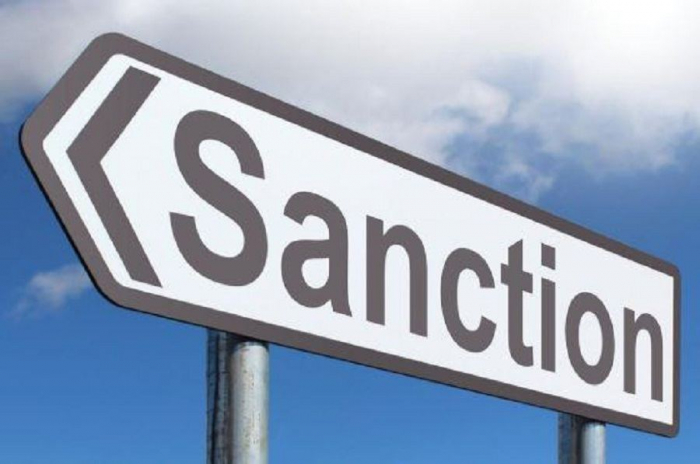The article reads that yet Russia continues to import almost as much as it did before the outbreak of war in Ukraine.
“New trading partners have sprung up to replace the West. China now sells twice as much to Russia as it did in 2019. “Parallel” imports—unauthorised sales from the West to Russia via a third country of everything from fizzy drinks to computer chips—have soared. In 2022 imports from the EU to Armenia mysteriously doubled, even as Armenian exports to Russia tripled,” says the author.
Reportedly, Serbia’s exports of phones to Russia rose from $8,518 in 2021 to $37m in 2022. Shipments of washing machines from Kazakhstan to Russia rose from zero in 2021 to nearly 100,000 units last year.
Earlier, the US Departments of Commerce, the Treasury, and of Justice have issued a trilateral note on the specifications of the signs of attempts to circumvent sanctions against Russia.
According to the document, one of the most common tactics is the use of third-party intermediaries or transshipment points to avoid restrictions. It was revealed that Armenia is used to illegally redirect goods to Russia or Belarus, thus, bypassing West sanctions.
Peter Stano, EU Spokesperson, told Trend that EU is looking at the issue of sanctioned goods’ flow from Armenia to Russia.
“The EU imposed set of wide-ranging sanctions against Russia for its illegal aggression of Ukraine, violation of the UN Charter and for committing atrocities amounting to war crimes. The EU has called on all countries to align with these sanctions, adopt similar national measures or at least not to allow any circumvention of these sanctions. In a previous sanctions package the EU introduced a possibility to impose sanctions also on persons or entities allowing the circumvention of sanctions.
We are closely monitoring trade flows of sanctioned goods from the EU to third countries and from third countries to Russia. In the context of Armenia, we have indeed observed some anomalous trade flows. We are looking at the issue and we are in dialogue with the Armenian authorities,” he said.
More about:
















































